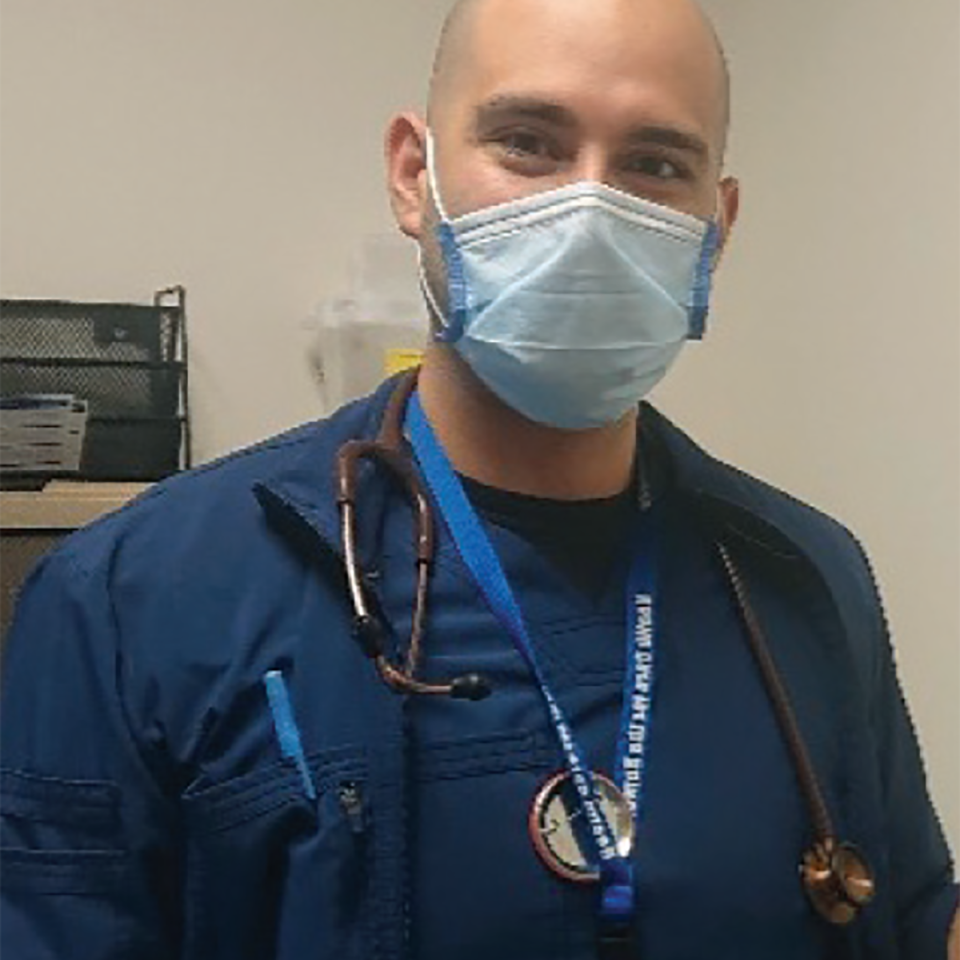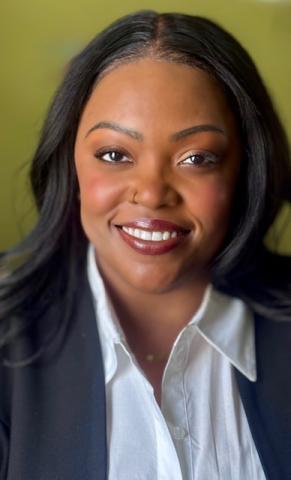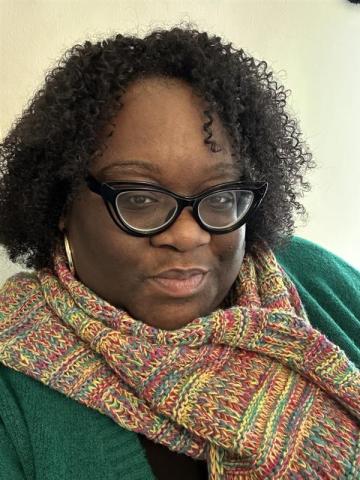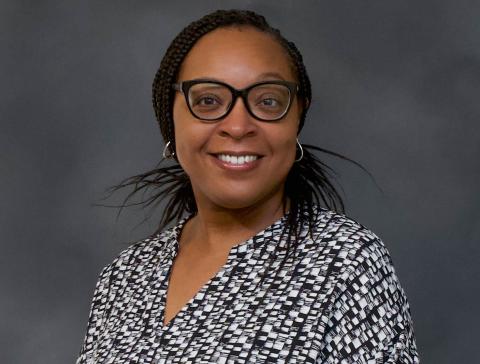
Now you're speaking my language
A calm enters the room with Erick Torres. He sits across from a young girl in her mom’s arms and is fully engaged as they talk through vacunas (vaccines) and developmental milestones. Their meeting flows uninterrupted—there are no gaps for translation—leaving more time to discuss follow-up as the little girl wriggles in her chair.
Erick supports children and families as a bilingual Pediatric Registered Nurse. More than 30% of the clients we see are best served in Spanish—a percentage that is growing every year. And most Hispanic/Latinx families initially come seeking care for their kids.
“When I sit down, clients get so excited,” he laughs. “‘Finally, we have somebody that speaks Spanish!’”
Erick understands that linguistic and cultural barriers impact health outcomes and disempower clients in the exam room.
Each week, he confronts dangerous miscommunications—like a woman who received x-rays of her legs at the hospital, when really her arm was sprained. Or an interpreter who translated the word “lung” as “organ.”
When you share the same language, Erick explains, children and families can have more honest, intimate conversations about their medical histories and health goals. They can more confidently explore a host of topics—from mental health, diet and wellness to sexual health.
“It’s very important to me that [providers] can understand me,” agrees Lila, a mom new to Maryland who was here to get her son up-to-date on his vaccines. “With an interpreter, they’re talking with someone else in English, so you’re not building trust with the person you’re talking to. In your own language, there’s a quality change.
When my nurse or doctor is also Latino, it gives me security that I’m going to be well taken care of.”
Even as word spreads among Hispanic/Latinx communities that Health Care for the Homeless is a safe place to go for care, we have much to do to better meet the needs of Spanish-speaking clients—a priority identified in our Racial Equity and Inclusion Action Plan.

Among the concerning health disparities faced by people in our care, Latinx clients are 57% more likely to have uncontrolled diabetes.
As a first step, we launched bilingual competency tests for each specialty (along with pay premiums). 15 staff have qualified so far. And like Erick’s role, we’re integrating bilingual requirements into many of our job listings.
“Families are definitely getting in contact with us a lot more often,” Erick says, pointing to language access as a key factor.
“There were people in the past we had trouble reaching who are now the one’s calling me,” he chuckles, delighted to see the shift in clients safely and proactively seeking health care. “They ask, ‘Will you be available next Tuesday?’”
“!Sí! Ven a verme.” (Yes, come see me!)
More Recent News
We are thrilled to welcome Nikia Woodard, our new Director of Human Resources! With more than two decades of experience in the HR field, Nikia previously held leadership roles with the Maryland Transit Administration, Unified Women’s Healthcare and a behavioral health residential treatment facility for youth in Baltimore. Most recently, she served as Director of Employee Experience & Organizational Development at Loyola University Maryland, implementing university-wide professional development programs and encouraging a culture of continuous learning. Read on to learn more about Nikia (and her favorite snack)…
After a year of serving as Practice Manager of West Baltimore, Alkema Jackson is moving into the new role of Director of Practice Operations, Community Sites! She joined Health Care for the Homeless in 2022 as the Client Access Project Coordinator, collaborating across departments to help more people connect to agency services, and in 2023, she received a Core Value Award for Hope. Read on to learn more about Alkema’s approach to this new position…
Meet Christana Greene, our new Director of Compliance! With more than five years in the compliance field—most recently as Senior Quality and Patient Safety Specialist at GBMC Healthcare—Chrissy brings frontline insight to the role. She began her career as a medical assistant, gaining firsthand experience in what it takes to keep care safe and operations running smoothly. In her new role, Chrissy is focused on building a compliance culture grounded in safety, integrity and accountability. Read on to learn more about Chrissy...
Baltimore gets dangerously cold, and too many of our neighbors are out there. Here are three simple things you can do to make a difference in someone’s life this winter.




